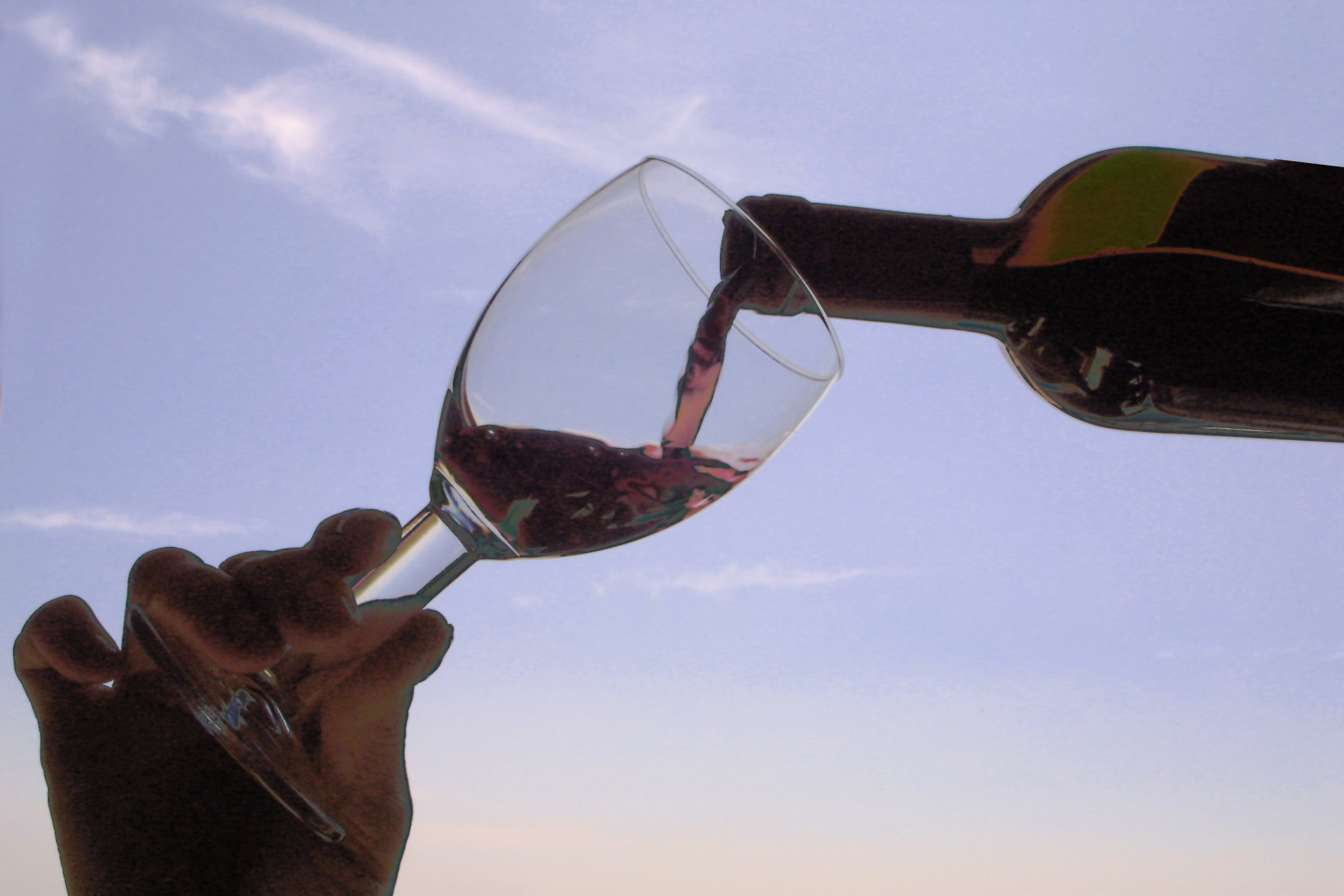Why not call the act of combining food and wine a conwinetion? Are we not a little tired of so much pairing, of so much culinary marriage, of so much wordiness and fatuousness?
In Catalan we use the word maridatge. Italians speak of abbinamento, combination. In English we find linking, link. And the French, perhaps more prolific, speak of accorder, of combiner, but also and above all of marier and mariage, but not marider. Obviously, it sounds softer to pronounce magiashh and incidentally you get a certain degree of palatal sensuality ..., which does not happen in Spanish. So I propose to include in the dictionary of the Royal Academy a neologism, a more everyday and usable word, with smoother and more fluid phonetics:
Convination. (From the Latin. Combinatio-onis and vinum.) F. Action and effect combining and ingesting drinks derived from grape juice, squeezed and cooked by fermentation, wine, in alternative or simultaneous company of foods specifically chosen for the occasion.

Although wine is, in itself, capable of producing pleasure, even when drunk without the company of solid food, what we could call “meditation wine”, it is absolutely the best companion at the table. And also, duly arranged, it is an improvement, a benefit.
With this objective, we are going to suggest some criteria for a good combination. The first is to achieve an equivalence between intensity, persistence and structure of wine with the aroma and taste of the dish. You have to achieve harmony. An intense and persistent dish requires a complex, powerful wine with concentrated flavor and perfume. And conversely, delicate foods, with a subtle flavor, need light wines so as not to overload the palate. The more consistent the dish, the more structure the wine must have, and vice versa.
As for balance, we can choose the contrasts: the more salty or spicy, a sweet wine may correspond to compensate for the excess of flavor; or for a greasy or unctuous dish, we will look for wine rich in tannins, fresh and even bubble, cava or champagne, which will defat with its effervescence.
The intensity of flavors on the plate advises a gradual progression in the glass, an order from mild to powerful. But not the other way around. We will choose to start with more taste subtlety in the appetizer or starter, to avoid the subsequent anesthetizing effect, on the way to a crescendo in the fish or seafood dish, towards the peak of complexity meats and stews. Desserts open the door to imagination, including fine wines, digestives and spirits.
And as the environment conditions our choice, more or less unconsciously we receive external stimuli that will guide us when we read the letter. An elegant service, a peaceful atmosphere, adequate lighting and a discreet background music, guide us towards wines of more category and refinement, of higher price and ostentation. Our selection will be conditioned by the mood, ours and that of those who accompany us. For this reason, as important as choosing wine, dishes and place, is the company, the main source of epicurean and gourmand pleasure.

In the center, Fleki Berruti, winemaker and partner of the great Raúl Pérez, flanked by Sergio Pereda, Josep Vilaseca, Kiko Garau and Rafel Calle, tasting wines from the prestigious winemaker.

